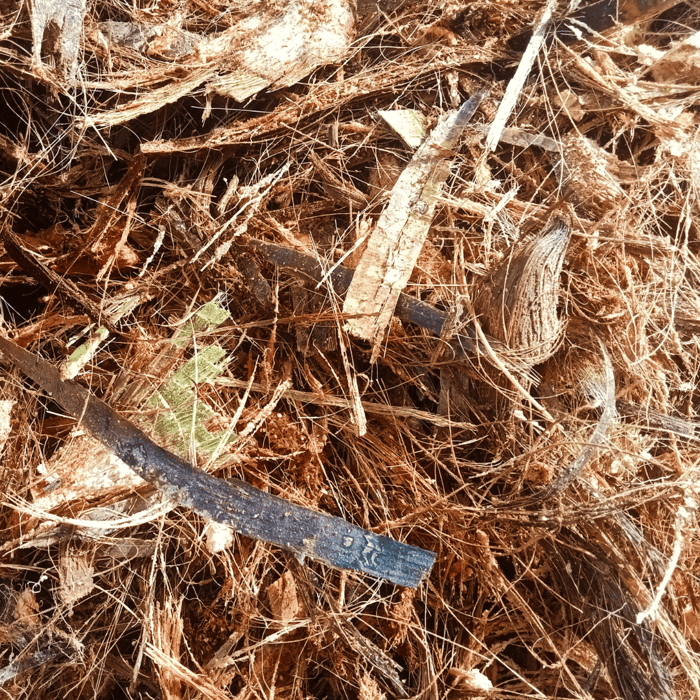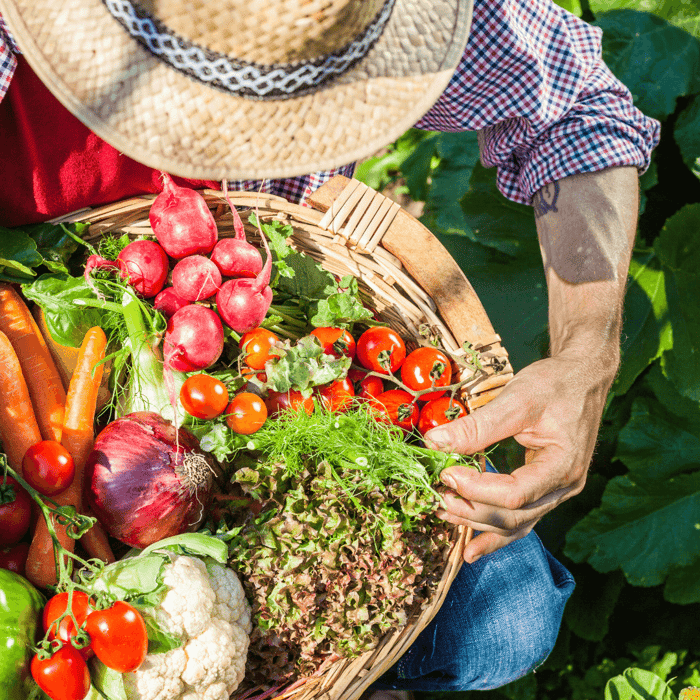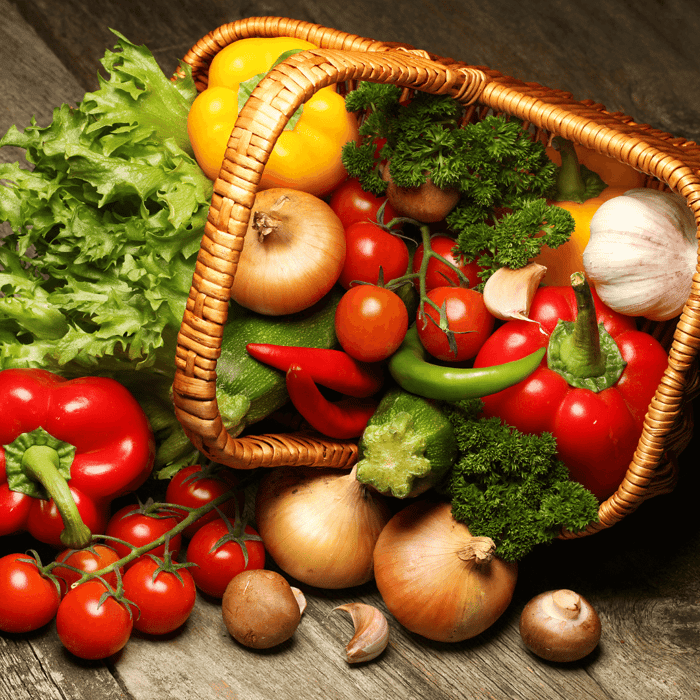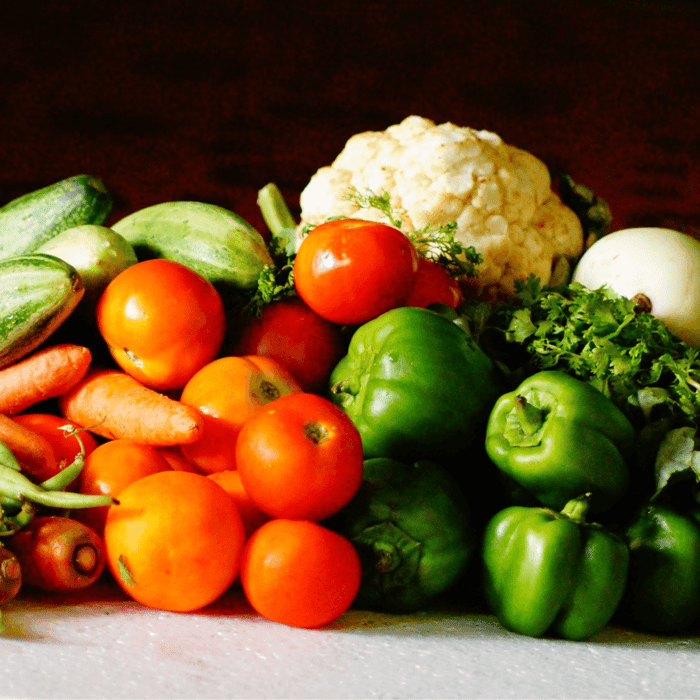Coconut coir is a natural fiber that is derived from the outer husk of coconuts. It is commonly used in gardening and agricultural practices as a soil amendment, potting mix ingredient, and hydroponic growing medium. Coconut coir is a renewable resource that has been gaining popularity as an alternative to peat moss, which is extracted from peat bogs and is considered to be a non-renewable resource. In this article, we will explore the many uses and benefits of coconut coir and just what is coconut coir.
The History of Coconut Coir
Coconut coir has been used for centuries in countries where coconut trees grow abundantly, such as India, Sri Lanka, and the Philippines. Traditionally, the coir fibers were extracted manually, and the waste product was often discarded. However, with the growing demand for sustainable products, coconut coir has become an important industry in many countries. The waste product from coconut coir production is now being utilized to create a variety of coir products, such as coco chips and coco peat.
How is Coconut Coir Made?
Coconut coir is made by extracting the long fibers from the outer husk of the coconut. The fibers are then cleaned, sorted, and processed to create various coir products. The process of creating coconut coir involves the following steps:
- Husk removal: The outer husk of the coconut is removed from the fruit.
- Fiber extraction: The long fibers are extracted from the husk using a machine or manually.
- Washing: The fibers are washed to remove any impurities.
- Drying: The fibers are dried in the sun or by using a machine.
- Processing: The fibers are sorted and processed to create various coir products.
Types of Coconut Coir Products
There are several types of coconut coir products that are available in the market, each with its unique properties and benefits. Some of the most common coir products include:
Coco Chips
Coco chips are small pieces of coconut husk that are often used as a potting mix ingredient. They are a waste product of coconut coir production and are an excellent alternative to sphagnum peat moss. Coco chips are lightweight, absorbent, and retain moisture well. They are ideal for use in hydroponic growing systems, as well as for seed starting and propagation.
Coco Peat
Coco peat, also known as coco pith, is a fine, powdery substance that is created from the dust and fiber that is generated during the coconut coir production process. Coco peat is an excellent soil amendment and potting mix ingredient, as it retains water well and improves soil structure. It is often used in combination with other ingredients, such as vermiculite and perlite, to create a well-draining soil mix.
Coir Fiber
Coir fiber is the longest and most durable fiber that is extracted from the coconut husk. It is commonly used to create rope, twine, and other products. Coir fiber is also used as a soil amendment, as it improves soil structure and water retention.
Benefits of Using Coconut Coir
There are several benefits to using coconut coir in gardening and agricultural practices, including:
Renewable Resource
Coconut coir is a renewable resource that is derived from a waste product. Unlike peat moss, which is extracted from peat bogs and is considered to be a non-renewable resource, coconut coir can be produced continuously without damaging the environment.
Water Retention
Coconut coir can hold up to ten times its weight in water, making it an excellent choice for hydroponic growing systems and as a soil amendment. The high water retention capacity of coconut coir means that plants are less likely to suffer from drought stress and require less frequent watering.
Improves Soil Structure
Coconut coir improves soil structure by increasing the porosity and aeration of the soil. This allows for better root growth and helps to prevent soil compaction.
pH Neutral
Coconut coir has a neutral pH, which makes it an excellent alternative to peat moss, which can be acidic. A neutral pH is important for plants to absorb nutrients from the soil.
Sustainable Alternative
As mentioned earlier, coconut coir is a sustainable alternative to peat moss. Peat moss is considered to be a non-renewable resource, and its extraction can damage peat bogs, which are important habitats for many species of plants and animals.
Resistant to Pathogens
Coconut coir is resistant to many common plant pathogens, such as fungi and bacteria. This makes it an excellent choice for seed starting and propagation, where the risk of disease can be high.
How to Use Coconut Coir
Coconut coir can be used in a variety of ways in gardening and agricultural practices, including:
Potting Mixes
Coconut coir can be used as an ingredient in potting mixes. It improves soil structure, water retention, and nutrient availability. Coconut coir can be used on its own or mixed with other ingredients, such as perlite and vermiculite, to create a well-draining soil mix.
Garden Soils
Coconut coir can be used to amend garden soils. It improves soil structure and water retention and can help to prevent soil compaction. Coconut coir can be worked into the soil or added as a top dressing.
Hydroponic Growing Medium
Coconut coir is an excellent choice for hydroponic growing systems. It retains moisture well and provides a stable medium for plant roots to grow in. Coconut coir can be used on its own or mixed with other ingredients, such as perlite and vermiculite, to create a well-draining hydroponic growing medium.
Seed Starting
Coconut coir is an excellent choice for seed starting. It is resistant to pathogens and provides a stable medium for seeds to germinate in. Coconut coir can be used on its own or mixed with other ingredients, such as perlite and vermiculite, to create a well-draining seed starting mix.
Conclusion
Coconut coir is a versatile and sustainable alternative to peat moss. It is a renewable resource that has many benefits in gardening and agricultural practices, including water retention, soil structure improvement, and resistance to pathogens. Coconut coir can be used in a variety of ways, including as a potting mix ingredient, a soil amendment, a hydroponic growing medium, and for seed starting. With its many benefits and uses, coconut coir is an excellent choice for any gardener or farmer looking to improve their soil health and plant growth.
FAQ about Coconut Coir
What is coconut coir?
Coconut coir is a natural fiber derived from the outer husk of coconuts. It is a versatile and sustainable alternative to traditional soil amendments.
What are the benefits of using coconut coir?
Coconut coir offers numerous benefits, including improved soil structure, water retention, and resistance to pathogens. It is also a renewable resource and an eco-friendly alternative to many other soil amendments.
What are the different types of coconut coir products?
There are various types of coconut coir products available, including coco chips, coco peat, and coir fiber. Each of these products has its unique properties and benefits.
How is coconut coir made?
Coconut coir is made by extracting the long fibers from the outer husk of the coconut. The fibers are then cleaned, sorted, and processed to create various coir products.
How is coconut coir used in gardening and agriculture?
Coconut coir can be used in a variety of ways in gardening and agriculture, including as a potting mix ingredient, a soil amendment, a hydroponic growing medium, and for seed starting. It can also be used for shoreline stabilization and erosion control in tidal waters.
Is coconut coir a renewable resource?
Yes, coconut coir is a renewable resource that is derived from a waste product. Unlike peat moss, which is considered a non-renewable resource, coconut coir can be produced continuously without damaging the environment.
Is coconut coir eco-friendly?
Yes, coconut coir is an eco-friendly alternative to many other soil amendments. It is biodegradable, and the waste product can be recycled and used to create various coir products.
Can coconut coir be used in hydroponic growing systems?
Yes, coconut coir is an excellent choice for hydroponic growing systems. It retains moisture well and provides a stable medium for plant roots to grow in. It can be used on its own or mixed with other ingredients to create a well-draining hydroponic growing medium.
Can coconut coir be used as a soil amendment?
Yes, coconut coir can be used to amend garden soils. It improves soil structure and water retention, and can help to prevent soil compaction. Coconut coir can be worked into the soil or added as a top dressing.
Is coconut coir resistant to pathogens?
Yes, coconut coir is resistant to many common plant pathogens, such as fungi and bacteria. This makes it an excellent choice for seed starting and propagation, where the risk of disease can be high.







